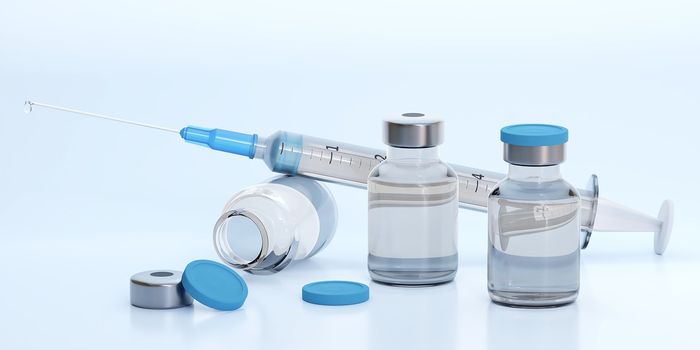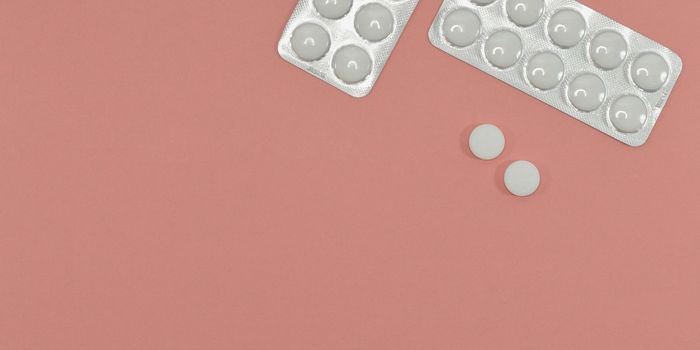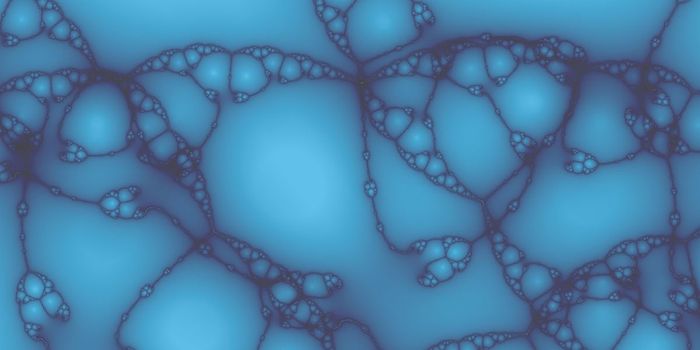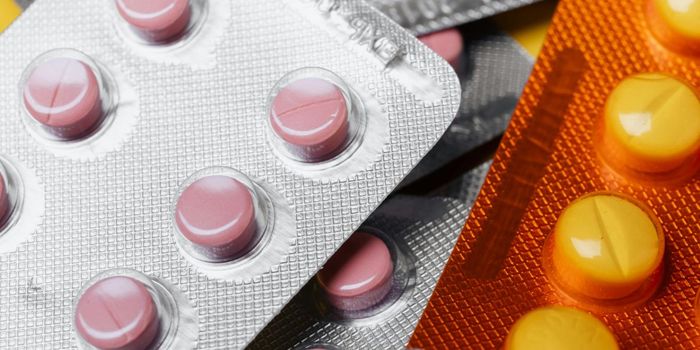Using
specialized bubbles to deliver an anti-cancer drug, scientists at the University of Georgia (UGA) effectively reduced tumor progression in mice with invasive prostate cancer. The promising results could lead to new treatments for prostate cancer in men.
Prostate cancer represents a huge health risk for half the world’s population, as it is the most common form of non-skin cancer in men. Current treatments for the disease are confined to the affected prostate tissue, commonly involving radiation and chemotherapy aimed at the cancer cells in the prostate, or surgical removal of the prostate itself.
Image Credit: University of Georgia
Several genetic mutations contribute to the development of prostate cancer; however, researchers at UGA honed in on a particular gene: PAK-1 (P21 activated kinases-1). The PAK-1 gene is involved in many cellular processes, including cell adhesion, migration, mitosis, and apoptosis. As such, mutations in this gene have been implicated in various diseases, such as the highly invasive form of prostate cancer.
"PAK-1 is kind of like an on/off switch," said Somanath Shenoy, an associate professor in UGA's College of Pharmacy and co-author of the study. "When it turns on, it makes cancerous cells turn into metastatic cells that spread throughout the body."
Researchers knew that PAK-1 is inhibited by a small molecule called IPA-3, which is short for “inhibitor targeting PAK1 activation-3.” Though highly specific and effective at blocking PAK-1 activity, the inhibitor IPA-3 is metabolically unstable. Attempts at direct injection of IPA-3 did little to stop PAK-1 because the body metabolized it too rapidly.
To solve this problem, researchers at UGA packaged the drug into small bubble-like lipid vesicles called sterically stabilized liposomes (SSLs). These nanoscale bubbles were much more stable, with 70 percent of the drug still lingering after 7 days. In cultured cells, researchers found the encapsulated drug was effective at slowing prostate cancer cell growth. More excitingly, the packaged drug reduced prostate tumor growth in mouse xenografts. This is in contrast to the non-packaged drug, which did little in the mice.
"When we first began these experiments, we injected IPA-3 directly into the bloodstream, but it was absorbed so quickly that we had to administer the treatment seven days a week for it to be effective," Shenoy said. "But the liposome makes the IPA-3 much more stable, and it reduced the treatment regimen to only twice a week."
These results show effective packaging of an anti-cancer drug has profound effects on the prostate tumor. But as promising as it seems, the authors are cautiously optimistic, as they’ve yet to conduct extensive clinical trials to study the safety and efficacy of this drug. “We must figure out what side effects this treatment may have before we can think about using it in humans,” said Shenoy.
Additional source:
UGA press release via EurekAlert!









